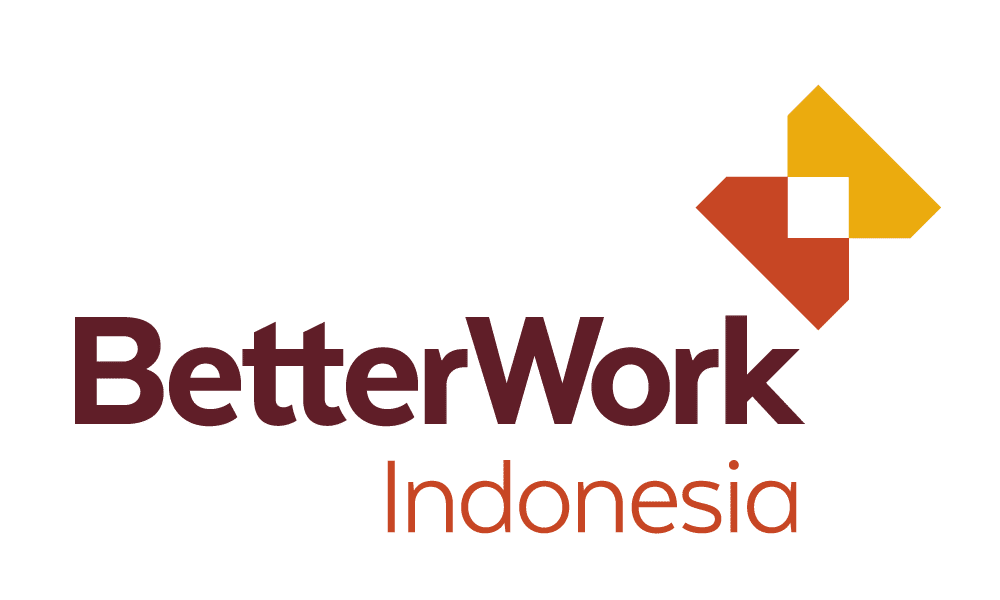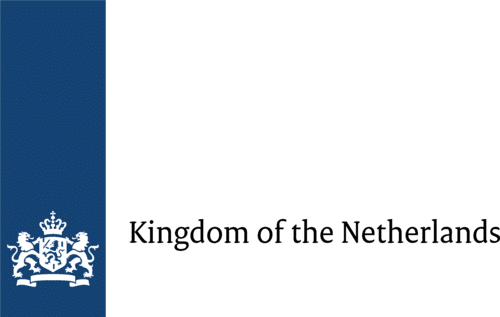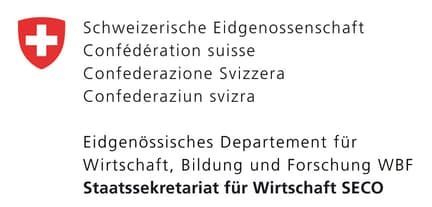Better Work Indonesia
Established in 2011, the Better Work programme in Indonesia strives to improve working conditions and competitiveness in the export garment sector and has grown to include over 200 participating factories, reaching nearly 400,000 workers, of which 80 per cent are women.
Since the start, the programme has operated consistently at multiple levels. The programme’s factory level engagement provides interconnected services that support continuous improvement for competitiveness and conditions of work, such as specialized training and advisory services, as well as yearly unannounced assessments of factory conditions measuring compliance with ILO core labour standards and national legislation.
Through its activities in the garment sector, Better Work Indonesia has helped participating firms improve working conditions by raising levels of compliance with national labour law and international standards. Through its convening function among key stakeholders, the programme has provided inputs and data on national labour policy in several areas.
Our Strategic Goals
Better Work Indonesia will work to achieve the following outcomes:
By 2024, the Foundation Partnership at Work takes over the implementation of the current strategy and Better Work Indonesia.
By 2027, better law enforcement through sustained compliance with labour law and international labour standards in Better Work Indonesia factories and stronger institutions, policies and practices are realized.
By 2027, social dialogue structures and systems at the enterprise and sectoral/national level are strengthened, are inclusive (gender-sensitive) and lead to better labour market governance outcomes.
Latest news
Better Work Reignites Collaboration with Korean Garment Intermediaries at Seoul Forum 2024
The Better Work Programme held a forum on 8 May 2024 in Seoul to re-engage with key Korean intermediaries in the garment industry.
Better Work Indonesia holds interactive workshop for Manpower representatives in West Java
It Takes a Village: Union, Management and Better Work Resolve Disputes Together
Behind the T-Shirt: A West Java labour union strives to uphold workers’ rights
Contribution to Priority Themes
Phase V of Better Work Indonesia contributes to five priority themes set out in the Better Work Global strategy. These themes cross-cut the strategic goals and will be present in our factory engagement, research, policy influencing and content produced as well as affect how we allocate our human and financial resources.
Data and Evidence
Better Work Indonesia will provide national tripartite constituents with access to the programme’s data to enhance and support the role of constituents in monitoring working conditions and in policy. Data on compliance, industrial relations and zero tolerance protocol cases will be regularly publicized to drive improvement and increase awareness, transparency and accountability.
Environmental Sustainability
With factories and their associations as well as international brands that are actively engaged in promoting a circular economy and in line with existing government policy and programmes, Better Work Indonesia will explore realistic targets on the environment and how to enhance the capacity of factories to deal with environmental issues in the workplace including air quality, waste management and the safe handling of chemicals.
Gender equality & inclusion
Better Work Indonesia will support sexual harassment prevention, elimination of occupational segregation, and boosting of women workers’ roles in bipartite committees, trade unions and national tripartite forums. The Respectful Workplace Programme will support gender-based violence prevention efforts. The programme will continue to support disability inclusion in the garment workforce.
Occupational Safety and Health
With the Government, the programme will continue clarifying, disseminating and revising legal requirements thus ensuring their adequacy to the garment settings. The programme will continue investing in the OSH management systems of factories and coordinating with the national system for OSH management systems certification.
Social Dialogue
With relevant ILO units and the ILO Country Office, the programme will continue playing a responsive and consistent role in convening and facilitating tripartite and bipartite dialogue at national and sub-national levels to address labour policy issues affecting the sector.
Social Protection
Better Work Indonesia will continue to be part of the ILO’s efforts to support the revision of Indonesia‘s social protection system, particularly the introduction of unemployment insurance. The programme will use its data to inform these processes and policy proposals and continue promoting social dialogue in this area by ensuring that sectoral voices from both workers and management are part of national discussions.
Wages
Better Work Indonesia will work closely with the ILO to bring clarity and improvements to the Indonesian minimum wage determination system. Better Work Indonesia will continue promoting compliance and fairer and more suitable wage policies at the factory and provincial level.








